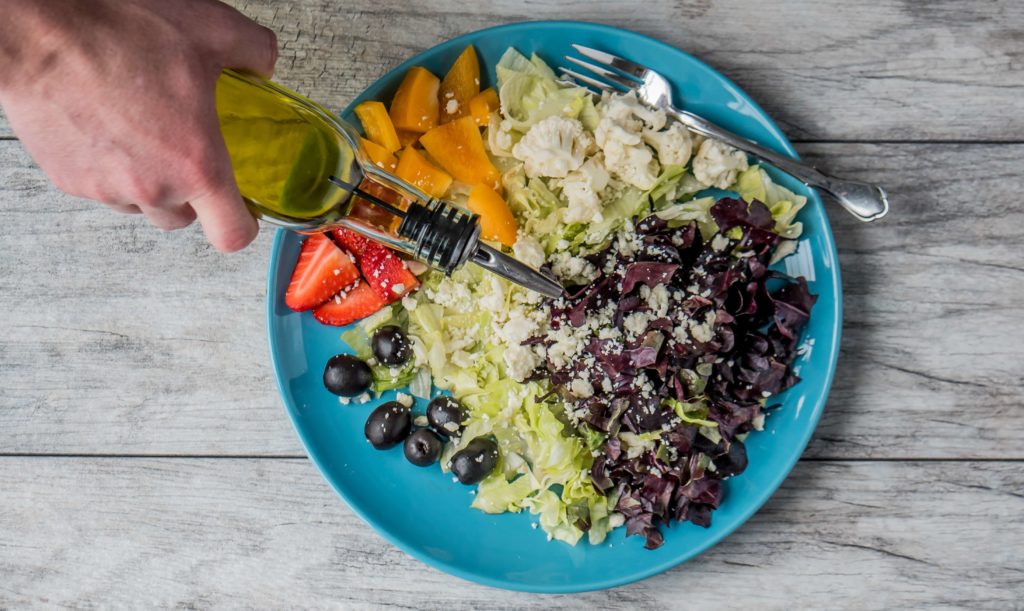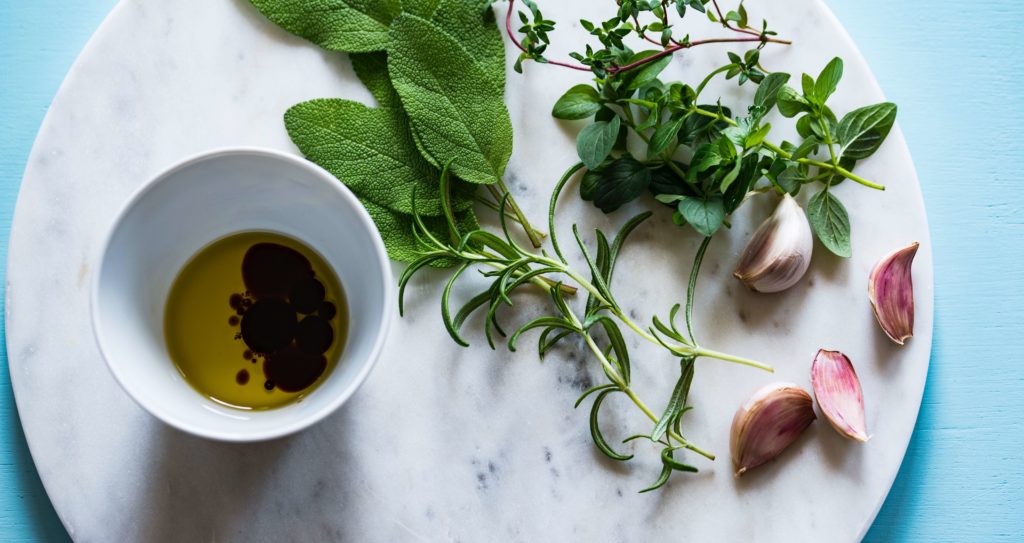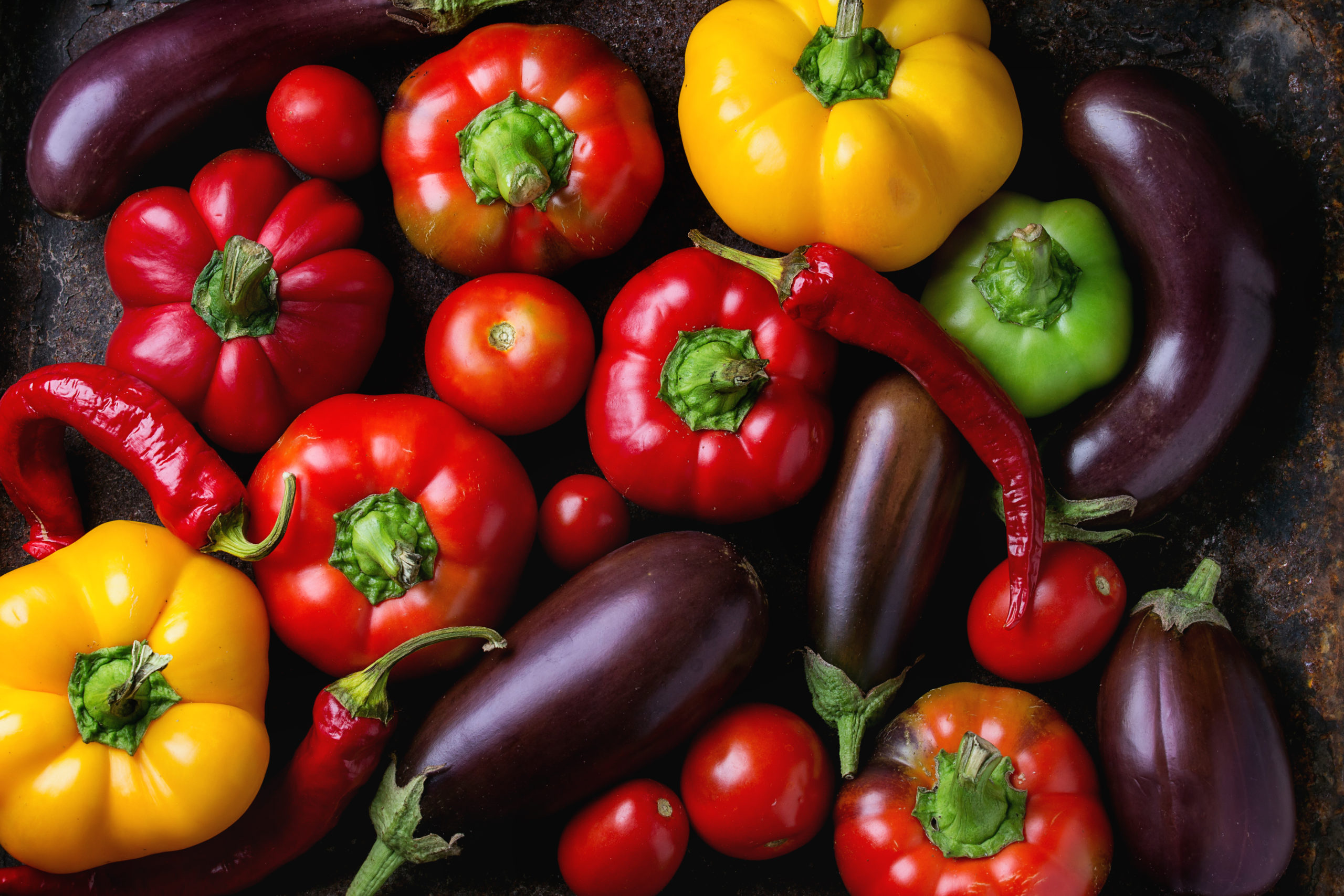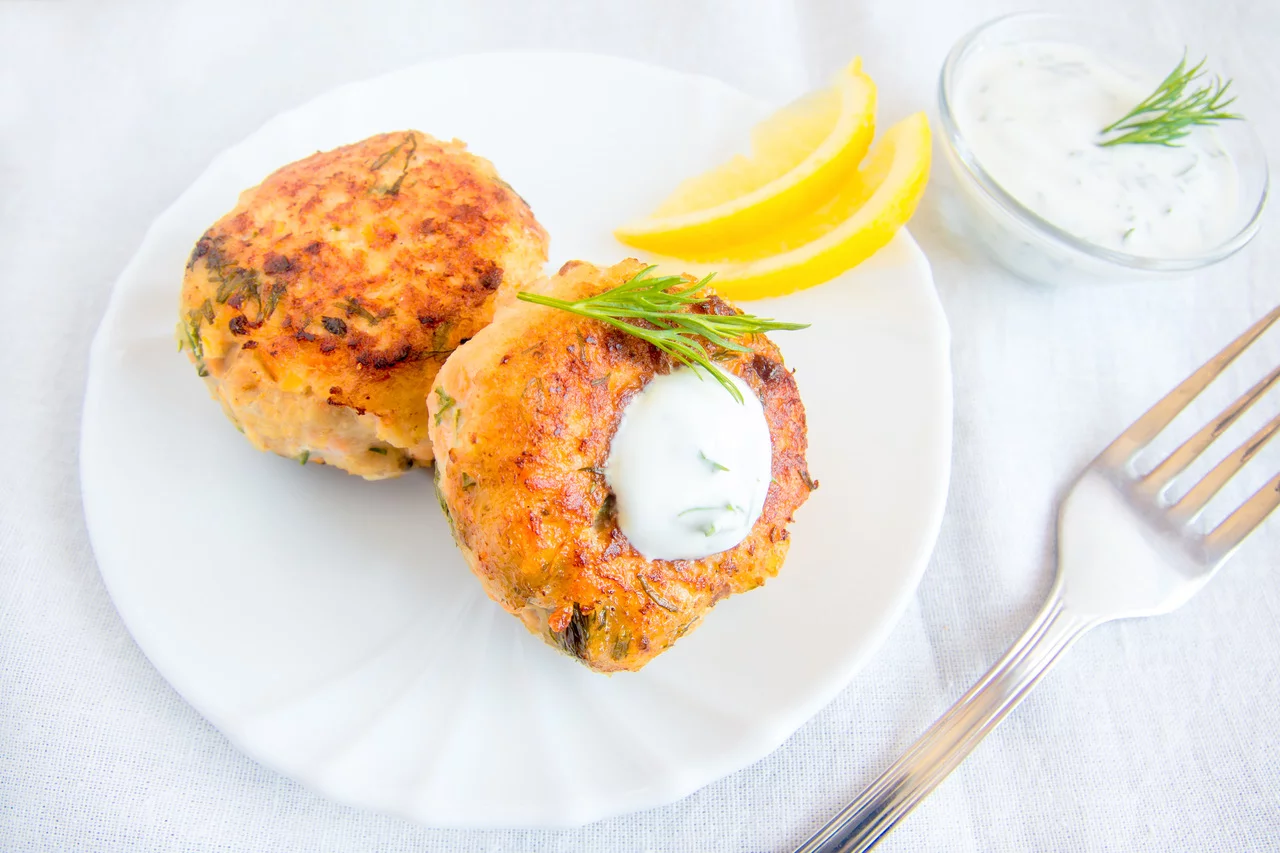Choosing which oils to cook with in the kitchen can be a nightmare with so many variations and alternatives available.
Thankfully, healthy oils are easier to come by than ever before, so we’re here to help you put the right ones on your shopping list with nutritional value as our top priority.
The good news for anyone with a gluten intolerance is that most cooking oils are naturally gluten-free anyway, so that needn’t be a worry.
The differences when it comes to the healthiest oils to cook with are in whether they are hot-pressed or cold-pressed. Olive oils are included in the latter and are generally more flavoursome and nutritious, but beware of the recommended cooking temperatures for any oil you buy so you can avoid ‘smoking’ them, destroying the flavours and releasing toxins.
Do you want to try other cooking oils other than olive oil? Here are some great alternatives:
Coconut oil
The superfood coconut is abundant in healthy, tasty recipes around the world. Coconut oil is extracted from the flesh of matured coconuts and used as an alternative to vegetable or sunflower oil and a popular ingredient in skincare products and toothpaste.
It’s increasingly common to use coconut oil for cooking; it’s solid at room temperature but quickly melts into an oil over heat. The coconut flavour means that it’s one of the best oils for stir frying, sautéing and roasting foods. Since it is high in saturated fats, too, it’s relatively stable and, therefore, good for cooking at high temperatures (above 320F).
The virgin, unrefined versions are the most popular oils and many cooks are using it to give Asian dishes or desserts a sweeter, richer flavour.
When it comes to its nutritional value, on the face of it, coconut oil looks pretty bad for you: it’s 90 per cent saturated fat, but most of these are in the form of medium chain triglycerides that don’t need to be processed by the liver and can even slightly raise the metabolic rate.
Avocado oil
Avocado is often considered to be coconut’s rival as a natural beauty product. It will make your hair glossy and your skin glowing, but is it a healthy cooking oil?
Filled with monosaturated fats, avocado oil is, indeed, healthy for the heart and helps to improve cholesterol.
It’s the plant-based oil with the highest smoke point – avocado oil can reach up to 520F – so it’s one of the best oils for frying food on a high heat or griddling.
Its benefits don’t stop there, though. Its buttery, nutty taste makes it superb for use in salad dressings. So, whilst coconut oil has received a lot of hype, avocado could be the real winner here. Its subtle flavours certainly make it more versatile in cooking as an alternative to sunflower or vegetable oil.
Top tip: Why not try drizzling avocado oil on a niçoise salad?
Rapeseed oil
Rapeseed oil, also known as canola oil, can be used in cooking or as a cold dressing. This cold-pressed oil is made from tiny black seeds and is one of the few edible plant oils bottled in the UK.
Similarly to avocado and olive oil, rapeseed oil is high in monosaturated fats, but is considered one of the lighter oils. Furthermore, it is also one of the best oils for vitamin E intake.
Groundnut oil
Groundnut, also known as peanut oil, is a popular cooking oil due to its mild taste and high smoke point, which means it can be used for frying and sautéing.
For cooks who don’t want a cupboard cluttered with oils, this versatile and relatively cheap option is perfect. There are refined, unrefined, cold-pressed and roasted variations available; use of the latter often draws comparisons with sesame oil as they’re both used in Asian cooking to bring out additional flavour.
Peanut oil contains valuable amounts of the antioxidant vitamin E, which is required for maintaining the integrity of cell membrane of mucus membranes and skin by protecting it from harmful oxygen-free radicals. However, don’t go overboard with your measurements here; the presence of fatty acids in groundnut oil means it can be quite calorific. Avoid this oil if you are cooking for anybody who has a peanut allergy as even small traces can trigger an allergic response.


What is the healthiest oil to cook with?
Avocado oil has plenty of health benefits for inside and outside your body and it’s great for a range of hot and cold dishes. It might be slightly pricier than other options, but we think it’s a great alternative cooking oil.
From a nutritional point of view, we recommend using a mixture of oils in your cooking, especially ones that have additional health benefits like those that area high in vitamin E.
For oils with a strong taste, for example, coconut and groundnut, you’ll need to consider how they match the foods you cook with, as you don’t want to overwhelm the dish. Whilst coconut oil is delicious, it’s not the best for softening onions when rustling up a spaghetti bolognese.
Try to mix it up a bit and you’ll reap the rewards in the long-term in how much healthier you both look and feel!
Did you know here at yorktest we analyse your reactions to up to 208 food and drink ingredients, such as coconut, avocado, and peanut? You can find out more on food intolerance†here and our programmes.
†Yorktest define food intolerance as a food-specific IgG reaction
Yorktest recommend that you discuss any medical concerns you have with a GP before undertaking a Yorktest programme












